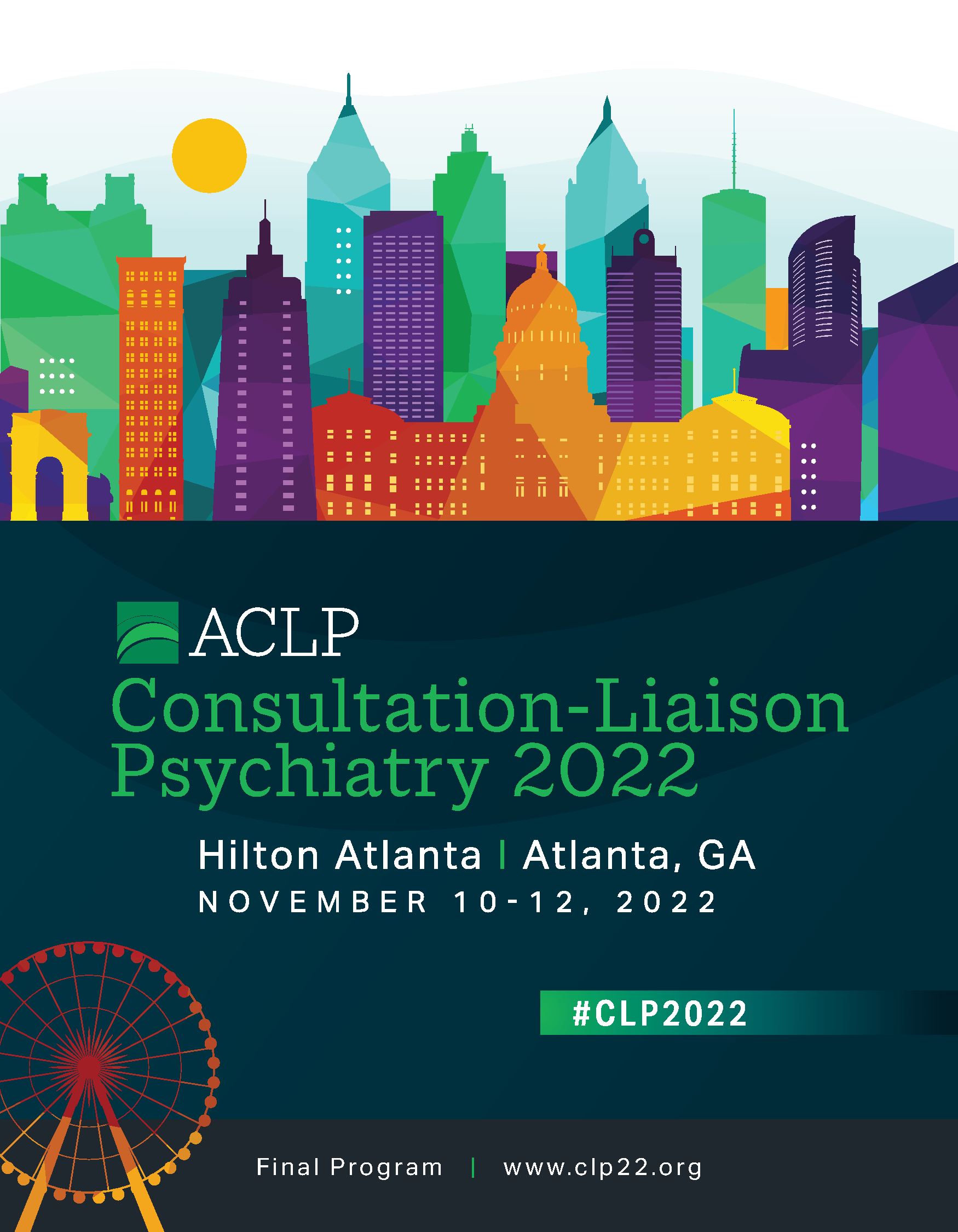Back
Mindfulness for Meeting Ourselves and The World Pt. 3
Saturday, November 12, 2022
6:00 AM – 6:45 AM
Location: Room 222
CE: 0.75 CME

Pamela Mirsky, MD (she/her/hers)
Founder
Mindful Hummingbird, PLLC
Tucson, Arizona
Lead Speaker(s)
Disclosure(s):
Pamela Mirsky, MD: No financial relationships to disclose
The past few years have been challenging on many fronts. Though mindfulness cannot change the outside factors that shape our experience, it can help transform how we respond to the difficulties that we face. By learning to rely on our own inner resources, we can regain a sense of control that helps us to be better able to meet the challenges of everyday life.
Mindfulness has been defined as "the awareness that emerges through paying attention on purpose, in the present moment, and nonjudgmentally, to things as they are." With mindfulness we can learn how to relate differently to thoughts, feelings and body sensations and therefore how to better understand the nature of our minds and bodies. We can start to release from an identification with the self, which can then lead to improved mental health, freedom, compassion and joy. Mindfulness has been shown, amongst other things, to improve attentional focus and cognitive flexibility, to reduce affective reactivity, to create modifications or shifts away from distorted or exaggerated self-view, and to improve psychological stress and well-being.
This 3-session course will involve experiential and educational components, including guided meditations, findings from the literature on mindfulness, and time for discussion and questions. The sessions will incorporate teachings on mindfulness of the breath and body, mindfulness of emotions, compassion towards self and others, the RAIN technique, and bringing your mindfulness practice into the world. The course is open to all practitioners, from those who have no previous mindfulness exposure to experienced meditators. All that is asked is that you bring an open mind and heart. Each session will build on the previous one, so attending all three is of cumulative benefit, but individuals are welcome to drop in for single sessions.
NOTE ON CME CREDIT: This course consists of sequential sessions on Thursday, Friday, and Saturday, labelled in the program as parts 1, 2 and 3. CME credit is available independently for each of 0.75 CME hours; attend all three for a total of 2.25 CME hours. You are not obliged to attend all three to earn CME credit.
References:
1. Segal, Z. V., Williams, M., & Teasdale, J. (2018). Mindfulness-based cognitive therapy for depression: Guilford Publications.
2. Kornfield, J. (2009). The wise heart: A guide to the universal teachings of Buddhist psychology: Bantam.
3. Brach, T. (2012). True refuge: finding peace and freedom in your own awakened heart (1st ed.). New York: Bantam Books.
4. Jha, A. P., Krompinger, J., & Baime, M. J. (2007). Mindfulness training modifies subsystems of attention. Cogn Affect Behav Neurosci, 7(2), 109-119. doi:10.3758/cabn.7.2.109
5. Moore, A., & Malinowski, P. (2009). Meditation, mindfulness and cognitive flexibility. Conscious Cogn, 18(1), 176-186. doi:10.1016/j.concog.2008.12.008
6. Britton, W. B., Shahar, B., Szepsenwol, O., & Jacobs, W. J. (2012). Mindfulness-based cognitive therapy improves emotional reactivity to social stress: results from a randomized controlled trial. Behav Ther, 43(2), 365-380. doi:10.1016/j.beth.2011.08.006
7. Teasdale, J. D., Moore, R. G., Hayhurst, H., Pope, M., Williams, S., & Segal, Z. V. (2002). Metacognitive awareness and prevention of relapse in depression: empirical evidence. J Consult Clin Psychol, 70(2), 275-287. doi:10.1037//0022-006x.70.2.275
8. Goyal, M., Singh, S., Sibinga, E. M., Gould, N. F., Rowland-Seymour, A., Sharma, R., . . . Haythornthwaite, J. A. (2014). Meditation programs for psychological stress and well-being: a systematic review and meta-analysis. JAMA Intern Med, 174(3), 357-368. doi:10.1001/jamainternmed.2013.13018
Mindfulness has been defined as "the awareness that emerges through paying attention on purpose, in the present moment, and nonjudgmentally, to things as they are." With mindfulness we can learn how to relate differently to thoughts, feelings and body sensations and therefore how to better understand the nature of our minds and bodies. We can start to release from an identification with the self, which can then lead to improved mental health, freedom, compassion and joy. Mindfulness has been shown, amongst other things, to improve attentional focus and cognitive flexibility, to reduce affective reactivity, to create modifications or shifts away from distorted or exaggerated self-view, and to improve psychological stress and well-being.
This 3-session course will involve experiential and educational components, including guided meditations, findings from the literature on mindfulness, and time for discussion and questions. The sessions will incorporate teachings on mindfulness of the breath and body, mindfulness of emotions, compassion towards self and others, the RAIN technique, and bringing your mindfulness practice into the world. The course is open to all practitioners, from those who have no previous mindfulness exposure to experienced meditators. All that is asked is that you bring an open mind and heart. Each session will build on the previous one, so attending all three is of cumulative benefit, but individuals are welcome to drop in for single sessions.
NOTE ON CME CREDIT: This course consists of sequential sessions on Thursday, Friday, and Saturday, labelled in the program as parts 1, 2 and 3. CME credit is available independently for each of 0.75 CME hours; attend all three for a total of 2.25 CME hours. You are not obliged to attend all three to earn CME credit.
References:
1. Segal, Z. V., Williams, M., & Teasdale, J. (2018). Mindfulness-based cognitive therapy for depression: Guilford Publications.
2. Kornfield, J. (2009). The wise heart: A guide to the universal teachings of Buddhist psychology: Bantam.
3. Brach, T. (2012). True refuge: finding peace and freedom in your own awakened heart (1st ed.). New York: Bantam Books.
4. Jha, A. P., Krompinger, J., & Baime, M. J. (2007). Mindfulness training modifies subsystems of attention. Cogn Affect Behav Neurosci, 7(2), 109-119. doi:10.3758/cabn.7.2.109
5. Moore, A., & Malinowski, P. (2009). Meditation, mindfulness and cognitive flexibility. Conscious Cogn, 18(1), 176-186. doi:10.1016/j.concog.2008.12.008
6. Britton, W. B., Shahar, B., Szepsenwol, O., & Jacobs, W. J. (2012). Mindfulness-based cognitive therapy improves emotional reactivity to social stress: results from a randomized controlled trial. Behav Ther, 43(2), 365-380. doi:10.1016/j.beth.2011.08.006
7. Teasdale, J. D., Moore, R. G., Hayhurst, H., Pope, M., Williams, S., & Segal, Z. V. (2002). Metacognitive awareness and prevention of relapse in depression: empirical evidence. J Consult Clin Psychol, 70(2), 275-287. doi:10.1037//0022-006x.70.2.275
8. Goyal, M., Singh, S., Sibinga, E. M., Gould, N. F., Rowland-Seymour, A., Sharma, R., . . . Haythornthwaite, J. A. (2014). Meditation programs for psychological stress and well-being: a systematic review and meta-analysis. JAMA Intern Med, 174(3), 357-368. doi:10.1001/jamainternmed.2013.13018
Learning Objectives:
- Participants will understand mindfulness from both a theoretical and experiential perspective
- Participants will be able to incorporate mindfulness into their daily lives in a practical way
- Participants will be able to teach basic mindfulness to others through the RAIN technique

